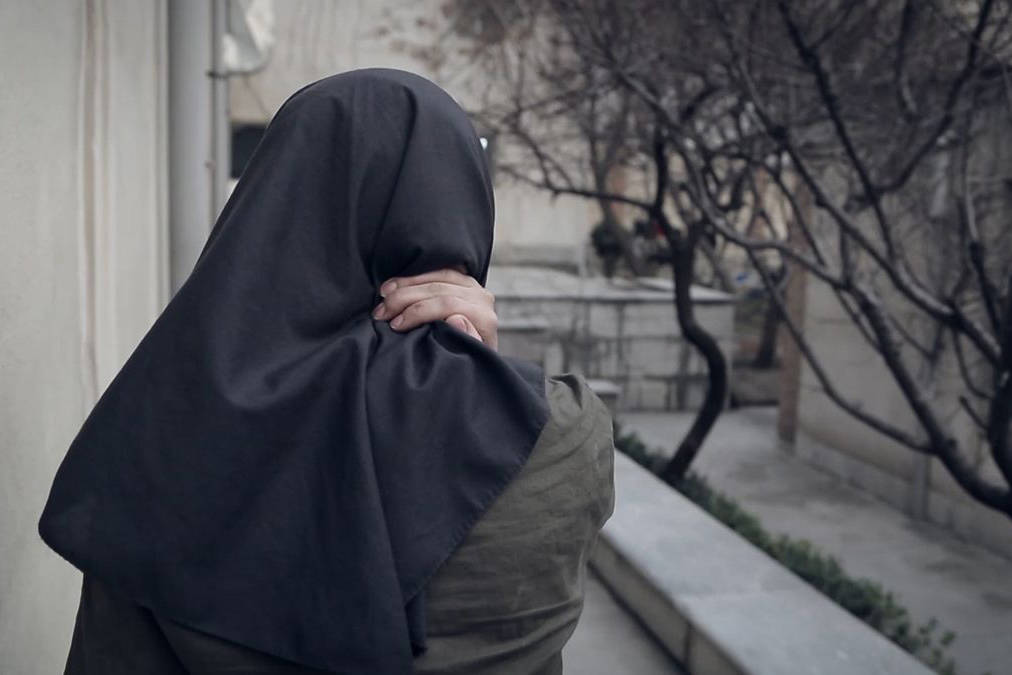Alongside the woven objects and 16th-century painted tiles in the Seattle Art Museum’s Islamic Collection hang a series of entirely modern artifacts. Iraqi artist Qasim Sabti’s “Book Cover Collage” pieces are rendered from the remains of books retrieved from Baghdad libraries in the wake of the 2003 bombings. They stand as proof of the ability of art to travel: These pieces have come all the way from a Baghdad street to a well-manicured Seattle art museum to testify. Before that, the books themselves came from all over the world to bring beauty, history, or subversive ideas to Iraq. The isolated word “Gulliver” peeks out from one collage, indicating the presence of literature’s most famous traveler.
Movies are also great travelers, and the global reach of cinematic art gets a boost in May through a national project organized partly by the Northwest Film Forum and the New York distributor Abramorama. The Seventh Art Stand is an initiative, hosted by dozens of U.S. independent theaters and film societies, to make “an act of cinematic solidarity against Islamophobia.” The idea is to screen movies that deal with Islamic communities, with special emphasis on countries affected by President Trump’s travel ban (currently on hold by a judge’s decision emanating from an island in the Pacific, rumored to be the American state of Hawaii).
As Northwest Film Forum executive director Courtney Sheehan explained, the idea came from conversations between film programmers and distributors about making a collective gesture. Their question, Sheehan said at a recent Seattle press conference, became “Wouldn’t it be powerful if we all did something together?” The network of 50 or so venues stretches from Maine to that same island state in the Pacific; each place will program its own titles and events.
Locally, both NWFF and SIFF are stepping up to provide free screenings. SIFF offers An Iraqi Odyssey, a documentary about the epic multigenerational journey of a family from Iraq, on May 11, and Yemeniettes, a portrait of three entrepreneurial girls from Yemen, on May 14. The Northwest Film Forum has two features, Starless Dreams (Iran) and A Stray (USA), plus two collections of short films. The May 10 shorts program collects films about the experience of refugees from Iraq and Syria, including Seventh Art Stand co-organizer Vivian Hua’s Searching Skies; the May 14 program is geared toward family-friendly films from and about the people of the Middle East.
A Stray, by U.S. filmmaker Musa Syeed, is a story set in the Somali immigrant community in Minneapolis; it screens May 25. I previewed Starless Dreams, which plays at the NWFF on May 7 and 18. This utterly devastating Iranian documentary by Mehrdad Oskouei observes a group of teenage girls housed in a juvenile detention center outside Tehran. The young women, some of whom have lived on the streets, are either looking forward to returning to their families or dreading it. Many of them have been “bothered” (as the English subtitles phrase it) by male relatives, and then blamed or doubted when they told their parents. One heartbreaking girl, nearly catatonic when she arrives, is interviewed periodically throughout her stay. Halfway through the film, she professes her disenchantment with life, and with God: “I’m not speaking to him.”
Later in the film, a Muslim religious figure arrives at the detention center to lead prayers that could not seem less relevant. He is peppered with pointed questions from the group, questions to which he can offer only an ineffectual homily. If you’ve never seen a film from Iran, the implicit criticism of the theocracy might come as a surprise—but only if you’ve never seen a film from Iran. To watch movies from around the world is to discover that people are people; these films pick away at narrow-mindedness and xenophobia, not because they hammer particular social issues or lead a chorus of “Kumbaya” utopianism, but because showing people as they are is an effective way to break preconceived ideas. In a nicely attention-getting way, the Seventh Art Stand does just that. Seventh Art Stand, Northwest Film Forum and SIFF Film Center, seventhartstand.com. May 7–25.
film@seattleweekly.com






